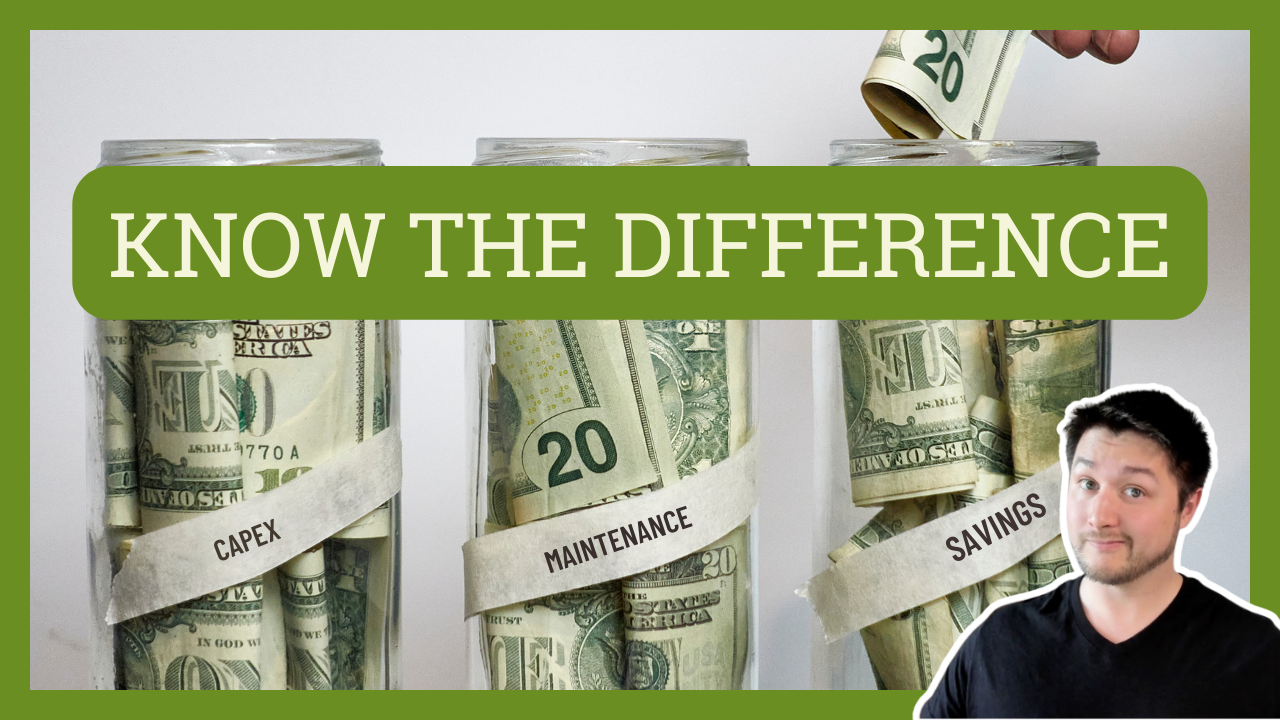In the Portland real estate market, especially in popular areas like SE Portland, buyers often assume they have limited room to negotiate. But with the right timing and strategy, opportunities open up—even in competitive conditions.
Buyer leverage often comes from a property’s context: days on market, pricing history, condition, and how it’s been positioned. In my latest closing, we saw all those factors line up.
The home, located in SE Portland, had been overlooked due to an unusual listing history and extended market time. My clients saw past the noise and made a well-considered offer under asking. We negotiated over $80,000 in repairs and credits, and the property still appraised right where we needed it to.
The sellers were ready to move forward and appreciated having serious, committed buyers. It was a clean transaction that gave everyone what they needed.
For my clients, the result was even better than they expected—a home that exceeded their original wishlist, at terms that reflected real value.
Leverage isn’t about being aggressive. It’s about understanding timing, reading the situation, and making smart moves. In markets like Portland’s, those wins are there—you just have to know where to look.
Tag: leverage in real estate
Real Estate Investment 101: Differentiating CapEx from Maintenance
Are you diving into the world of real estate investment? If so, understanding the crucial difference between capital expenditures (CapEx) and maintenance is key to your success. In this comprehensive guide, we’ll break down these terms, show you how to calculate them, and teach you how to forecast them when analyzing potential deals. Let’s get started!
What Are Capital Expenditures and Maintenance?
Capital Expenditures (CapEx)
CapEx refers to significant, long-term investments made to improve or increase the value of a rental property. These are typically big-ticket items such as:
- Roof replacement
- HVAC system upgrades
- Major plumbing or electrical renovations
Maintenance
Maintenance involves routine tasks that keep the property in optimal condition. These are usually more frequent and less costly expenses, including:
- Regular lawn care and landscaping
- Exterior cleaning and power washing
- Appliance repairs (e.g., fixing a leaky dishwasher)
How to Factor CapEx and Maintenance into Your Deal Analysis
When evaluating potential real estate investments, it’s crucial to distinguish between CapEx and maintenance. Here’s a step-by-step approach:
Analyzing Capital Expenditures
- Assess Major Systems: Thoroughly inspect the roof, water heater, HVAC system, plumbing, and electrical components. Evaluate their current condition and estimated remaining lifespan.
- Calculate Costs: As a rule of thumb, CapEx should account for 2-7% of the property’s value. For properties requiring significant updates, lean towards the higher end of this range.
- Forecast Future Needs: For properties in excellent condition or those recently renovated, you can reasonably budget a lower CapEx percentage.
Estimating Maintenance Costs
- Evaluate Property Condition: Look for signs of wear and tear, older appliances, and the overall state of the property.
- Estimate Monthly Expenses: Maintenance costs typically range from 2-5% of the gross rent. Larger properties with extensive landscaping or amenities might incur higher maintenance costs.
Building Your Reserve Funds: How Much Should You Set Aside?
The amount you allocate to reserve funds depends on your risk tolerance:
- Conservative Investors: Aim for 6-12 months of reserve funds to cover potential expenses.
- More Aggressive Investors: A 3-month reserve fund may suffice if you have additional income streams or savings to cover unexpected costs.
Mastering CapEx Calculations
For a detailed understanding of CapEx, create a spreadsheet using this formula:
Monthly Cost = Replacement Cost / Lifespan (in years) x 12
Pro Tips for Savvy Real Estate Investors
- Patience Pays Off: It typically takes 3-5 years for a rental property to stabilize, allowing you to understand its true maintenance costs.
- Avoid Analysis Paralysis: While it’s important to dive into details, remember to step back and view the big picture. Ensure your investments align with your long-term financial goals.
- Organize Your Finances: Initially, you can combine CapEx and maintenance funds into one account. As your portfolio grows, consider consulting a CPA for a more sophisticated accounting system.
Wrapping Up: The Key to Successful Real Estate Investing
Understanding the nuances between CapEx and maintenance is crucial for effective property management and investment planning. By accurately forecasting these expenses, you’ll make more informed decisions and build a robust real estate portfolio that stands the test of time.
If you have any questions about buying a home or need more personalized advice, feel free to reach out to me. Connect with me on YouTube, Instagram, or Facebook.
For a more detailed consultation or to get started on your home buying journey, schedule a free strategy session here. You can also access my Free Buyer’s Guide to help you through every step of the process here.

